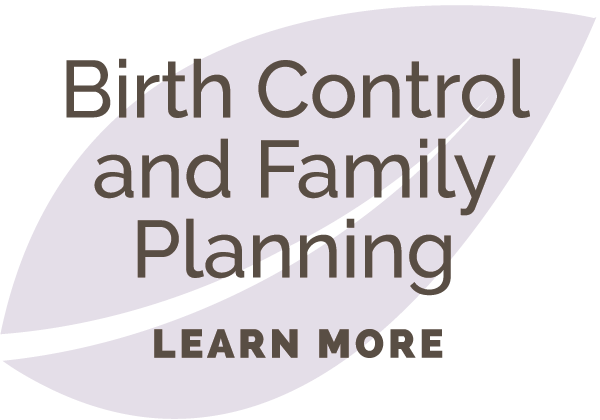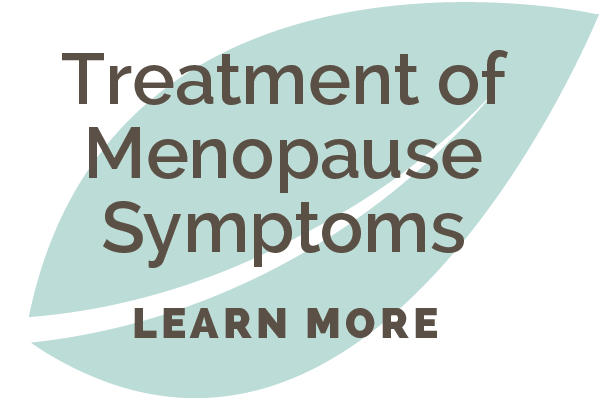
women face crucial choices that
can contribute to their risk of
life-threatening blood clots.


women face crucial choices that
can contribute to their risk of
life-threatening blood clots.

Choices connected to family planning, pregnancy, and the treatment of menopause symptoms must be carefully weighed to reduce the risk of dangerous blood clots.
FOLLOW US ON TWITTER

a woman's risk for blood clots three-fold.
birth control pills and other birth control methods.

develop a blood clot. That risk increases to 20-fold
in the weeks immediately following childbirth.

symptoms later in life can increase a woman’s
risk for blood clots up to three-fold.
Why are Blood Clots Dangerous?
Dangerous blood clots often form in the deep veins of a person’s arm or leg. This type of blood clot is called a deep vein thrombosis or DVT. If a DVT is left untreated, it can break off or travel to the lungs. A blood clot that travels to the lung is called a pulmonary embolism or PE and can be life-threatening.
Up to 900,000 are affected by blood clots each year.
Annually, about 100,000 people die due to blood clots.
Recognize the Warning Signs
Symptoms of a blood clot in your leg or arm might include:
Symptoms of a blood clot in your lung might include:
Seek medical attention immediately if you experience any of these symptoms.
What’s Your Risk?
About half of all people who experience a DVT do not experience symptoms, so the most important thing a woman can do to protect herself from a life-threatening blood clot is to learn if she is at risk.
Understanding your risk and the different choices you can make to help offset this risk can protect you from the potentially life-threatening consequences of blood clots.



